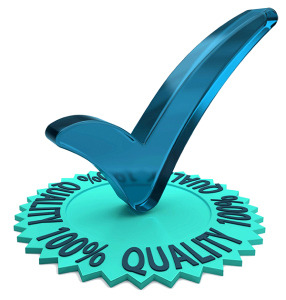Clinical Outcome Assessments (COAs) gauge a patient’s trial experience, including their emotions, the drug or treatments functionality, and the potential survival rate. Translating COAs is crucial for trials across diverse languages, ensuring transparency for regulators, drug developers, and patients. Regulatory bodies, including the FDA and EMA, mandate COA translations. These translations aid research organizations in communicating clinical endpoints and offer insights to sponsors, physicians, and regulators for enhanced patient care and informed public health decisions.
With the growing adoption of agile trial design and methodologies, like flexible design and inclusive recruitment, it is vital to align COA translations with reporting priorities, especially when navigating cultural differences during assessments. By utilizing COAs, drug developers can improve the efficacy of the clinical trial treatment and the patient’s experience in the clinical trial and drug therapy use. For regulatory bodies to accept COAs, they must be well-defined in terms of their measurements and submitted in the correct corresponding language, which makes CSOFT’s high-quality medical translation and localization for COAs a fundamental part of submissions.
Types of COAs
Patient-Reported Outcome (PRO) Translations
A patient-reported outcome is a type of clinical outcome assessment that comes directly from the patient regarding their health. The patient uses them to record health outcomes like symptoms, quality of life, adverse reactions to the intervention, and treatment evaluations, such as patient self-reports and healthcare provider ratings. Commonly submitted digitally in the form of an electronic patient-reported outcome (ePRO), PROs are essential for many clinical trials and ensuring that new medications and products can safely be brought to market.
Clinician-Reported Outcome (ClinRO) Translations)
A clinician-reported outcome is an evaluation of a patient’s condition by a trained physician, nurse, or other health professional involved in the clinical trial. They document measurable changes in a participant’s overall health, symptoms, quality of life, and ability to function during a clinical trial. They offer a qualified perspective that can contrast meaningfully with a PRO translation.
Performance-Reported Outcome (PerfO) Translations
A performance-reported outcome is when the patient’s health is assessed through a task or performance rather than by an individual or the patient. While most of the other actions can be subject to interpretation, a PerfO is empirically data-driven.
Observer-Reported Outcome (ObsRO) Translations
An observer-reported outcome is an evaluation conducted by someone other than the patient or trained physician, typically a family member or someone involved closely in the patient’s life in a non-clinical setting.
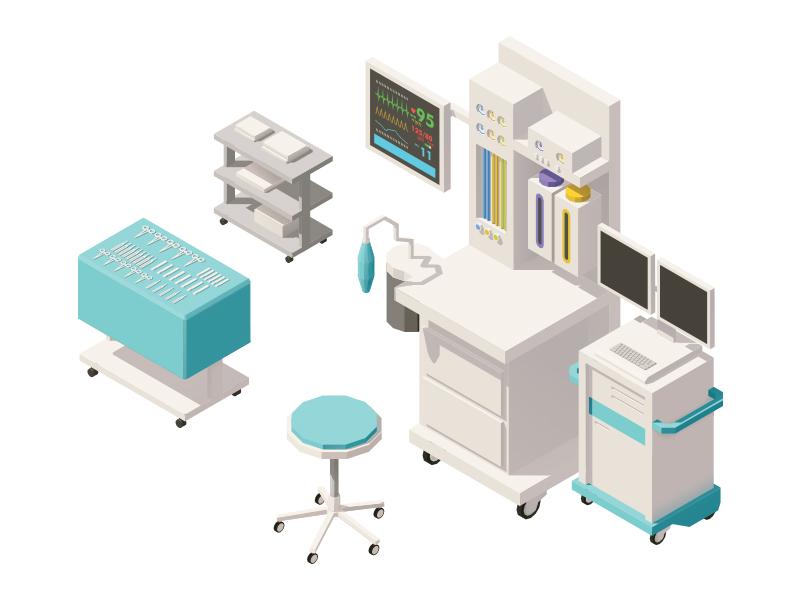
Multilingual Services for Clinical Trials
Accurate COA translations are imperative for multilingual clinical trials to meet regulatory compliance and to ensure patients’ voices from diverse backgrounds are heard throughout the clinical trial process. In addition to translating patient-reported outcomes, clinician-reported outcomes, performance-reported outcomes, and observer-reported outcomes, a rigorous linguistic validation process must be performed to ensure the quality and validity of the assessment. All COAs must be translated and validated through a straightforward linguistic validation process by an experienced team of professional linguists, subject matter experts (SMEs), and project managers.
CSOFT Health Sciences works with life science companies involved in drug development to ensure the highest-quality COA translation and linguistic validation process for multilingual, flexible clinical trials. Our methodology follows the International Society for Pharmacoeconomics and Outcomes Research (ISPOR) workflow guidelines and recommendations, ensuring harmonization for regulatory bodies, sponsors, patients, and drug developers. With an extensive network of over 10,000 professional in-country linguists and subject matter experts, we have the resources and experience to help pharmaceutical companies and CROs expand globally.
Learn more about our clinical trial translation services.
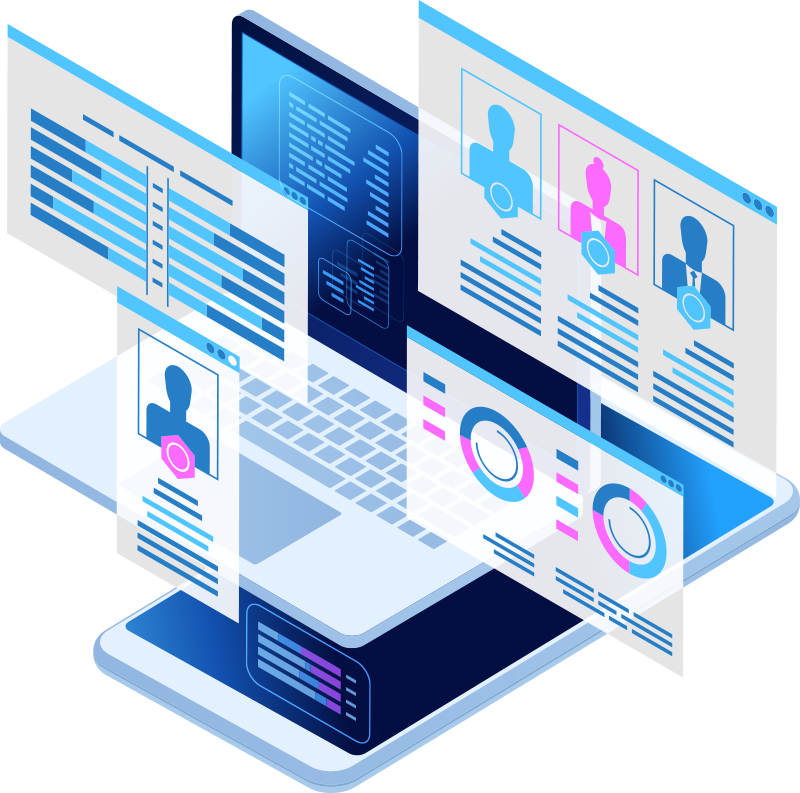
Ensuring Patient-Centered Clinical Trials Through Linguistic Validation
Linguistic validation is critical in maintaining the quality and credibility of clinical outcome assessments (COAs) in multilingual and international clinical trials. With clinical trials expanding across diverse nations and languages to enhance participant diversity and broaden product portfolios, accurate medical translations become a regulatory necessity, especially for patient-focused trials that rely on COAs. The process of linguistic validation, handled by professional life science linguists and subject matter experts, involves comprehensive translation steps such as medical terminology management, forward and back translation, linguistic harmonization, and language reconciliation. These steps ensure standardized patient-reported outcomes and other patient-related documents across study sites for accurate data collection, thus expediting market entry for companies.
Learn more about our linguistic validation services.
Case Report Form (CRF) Translation Services
Case report forms (CRFs) are crucial documents trial sponsors use to collect patient data for hypothesis testing and data analysis during a clinical trial. Within a CRF, data, including a patient’s height, weight, pulse, blood pressure, temperature, and potential adverse events, are documented and used to assess the efficacy of the device or medication being tested in the trial. With increasing clinical trials being conducted across multiple languages, CRF translations are necessary for regulatory compliance and ensuring patient data is accurately recorded. To help CROs and sponsors uphold the validity of their data and remain in compliance with regulations for conducting clinical trials, CSOFT Health Sciences offers high-quality and timely CRF translations.
Learn more about our CRF translation services.
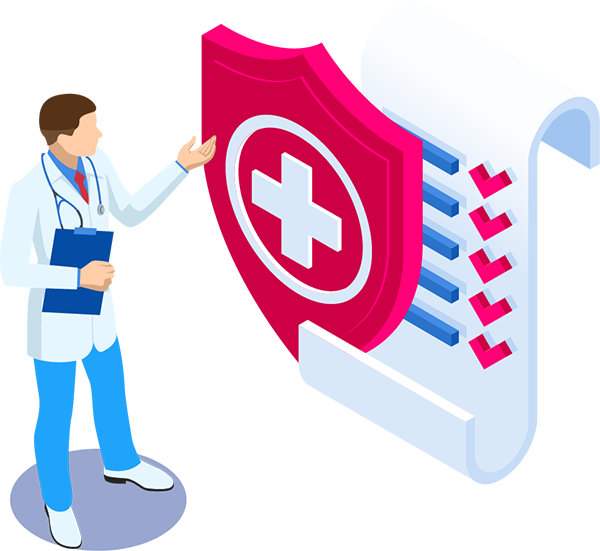
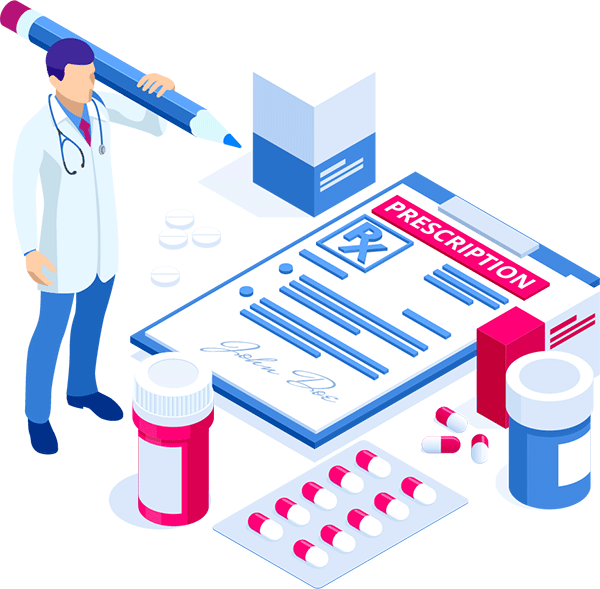
Patient Diaries Translation Services
Patient diaries function as an essential questionnaire document used during pivotal clinical trials to document patient-reported outcomes (PROs). Within a patient diary, the study subject is typically tasked with documenting information, such as potential adverse events, symptoms, and the specific times when medication was taken. As an essential clinical outcome assessment (COA) tool, patient diaries need to be available in the patient’s native language and translated into the language as required by clinical trial regulation. To help sponsors and CROs successfully conduct clinical trials across borders, CSOFT Health Sciences specializes in patient diary translations in 250+ languages.
Learn more about our patient diary translation services.
Quality Assurance
CSOFT Health Sciences has developed a process for quality assurance to ensure that every medical translation project meets quality standards in a cost-effective and timely manner. We are certified in ISO 17100:2015, ISO 9001:2015, and ISO 13485:2016 to ensure our customized solutions meet global regulatory requirements. Our subject matter expert linguists have at least seven years of experience and work with in-country reviewers and project style guides to meet industry standards. CSOFT offers an online translation management ecosystem for one central location to leverage real-time translation memory and terminology management through our innovative cloud-based technology. Every step of the way, CSOFT has you covered.
Learn more about our quality assurance process.
Data Security
With over 20 years of experience in medical translation, CSOFT Health Sciences understands the importance of data security to our clients, and we take nothing for granted when confidentiality is a concern. Our well-documented and fully traceable information data security policies, checklists, and quality records leverage the best practices of ISO 27001. They are designed to protect everything from source data to translations. From our 24/7/365 data monitoring and advanced encryption to our access control measures, you can be sure that your project data is safe from start to finish.
Learn more about how CSOFT prioritizes data security.
